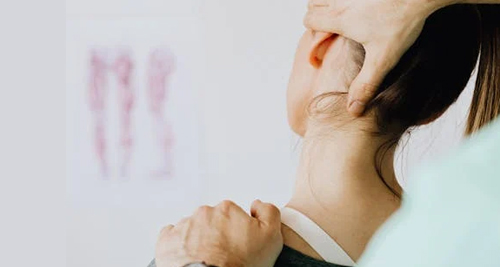Complications and Recovery from a Broken Collarbone
Complications and Recovery from a Broken Collarbone depend on the severity of the fracture, the treatment provided, and how well the patient follows rehabilitation. The most common complications and recovery from a broken collarbone issues include stiffness, malunion, nerve damage, and incomplete return to full shoulder strength.
Malunion occurs when the bone heals in a slightly off position. While this may not always affect function, in some cases it leads to visible deformity, shoulder weakness, or discomfort during activity. Severe malunions may require corrective surgery.
Nonunion — when the bone fails to heal at all — is less common but more serious. It may cause ongoing pain and reduced movement. This condition often requires surgical repair using bone grafts or internal fixation.
Stiffness and loss of mobility can happen if the shoulder is immobilised for too long or if rehabilitation is neglected. Frozen shoulder is a potential complication that can take months to resolve. Early, gentle exercises under professional supervision are crucial for preventing this.
Complications and Recovery from a Broken Collarbone
Nerve or blood vessel damage may result from displaced bone fragments or during surgery. Symptoms include numbness, tingling, weakness, or a cold, pale arm. While rare, these complications need urgent attention to avoid permanent damage.
Infections are possible after open surgery, especially if wound care is poor or the immune system is compromised. Symptoms include redness, fever, pus, or persistent swelling at the incision site.
The psychological effects of recovery should not be ignored. Loss of independence, disrupted sleep, and pain can affect mood, especially in those whose livelihoods rely on physical activity. Emotional support and realistic expectations help patients stay motivated during recovery.
Healing time ranges from six to twelve weeks, depending on the individual. Children heal faster, while older adults may need more time. Strength and full range of motion may take several additional months to return.
Proper management of complications and recovery from a broken collarbone involves timely diagnosis, appropriate treatment, and consistent follow-up care. With patience and guidance, most people regain full use of their shoulder and return to their normal routines.


